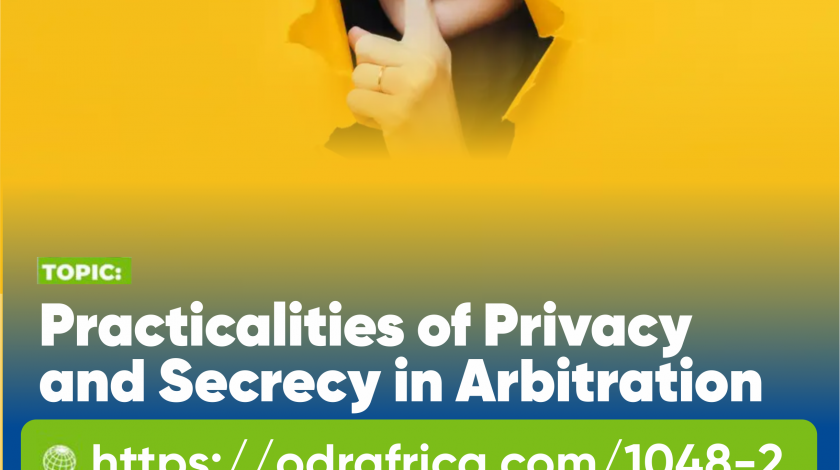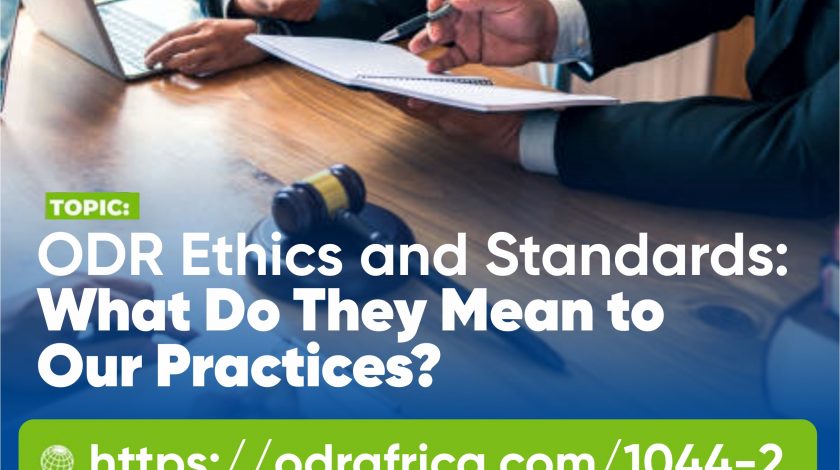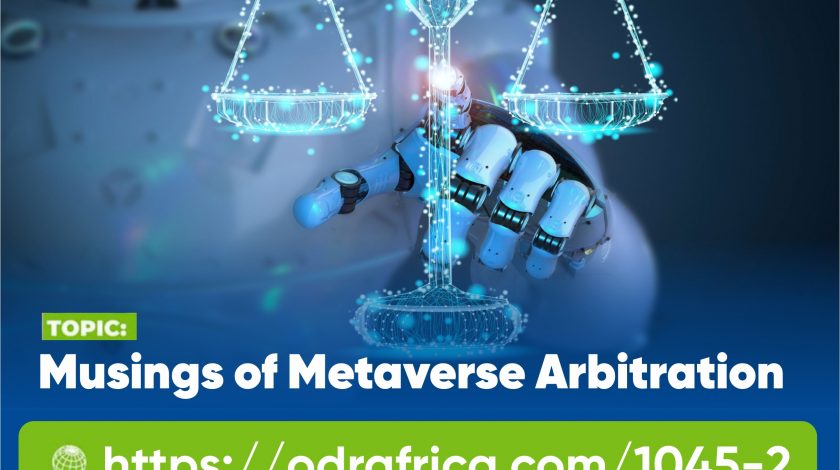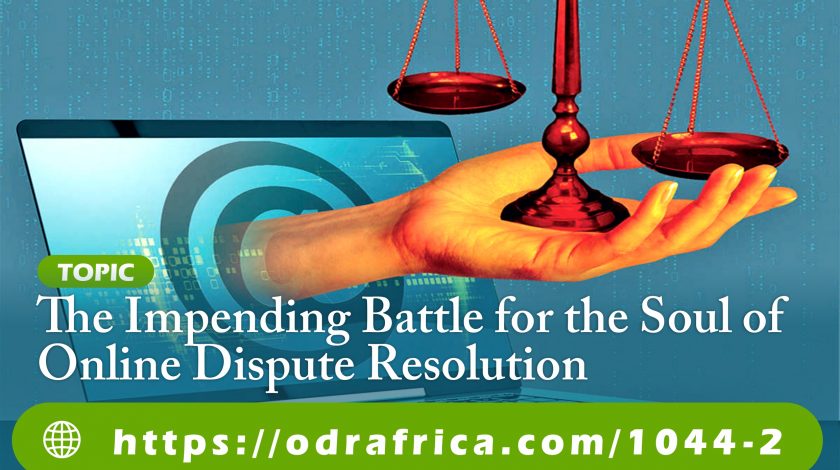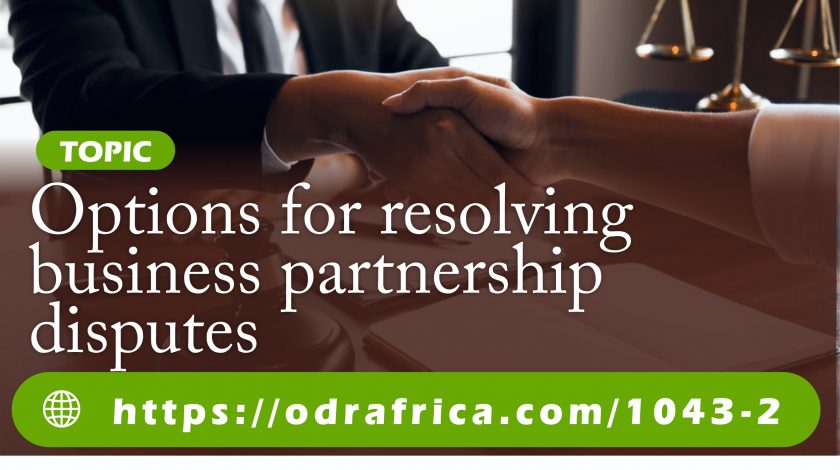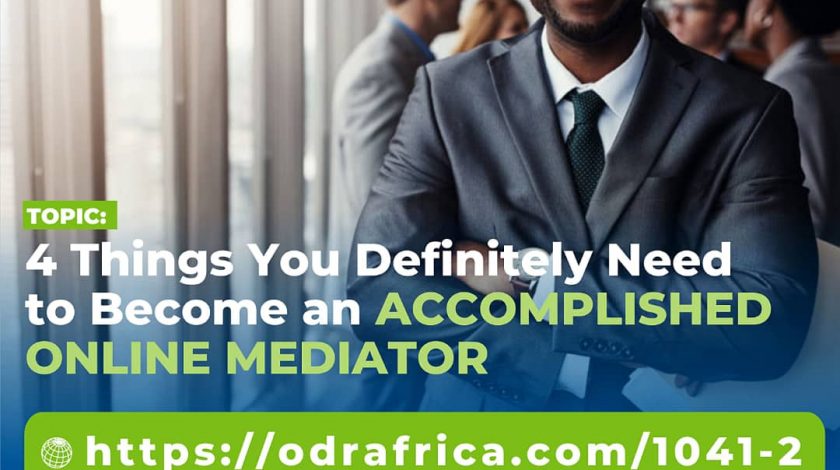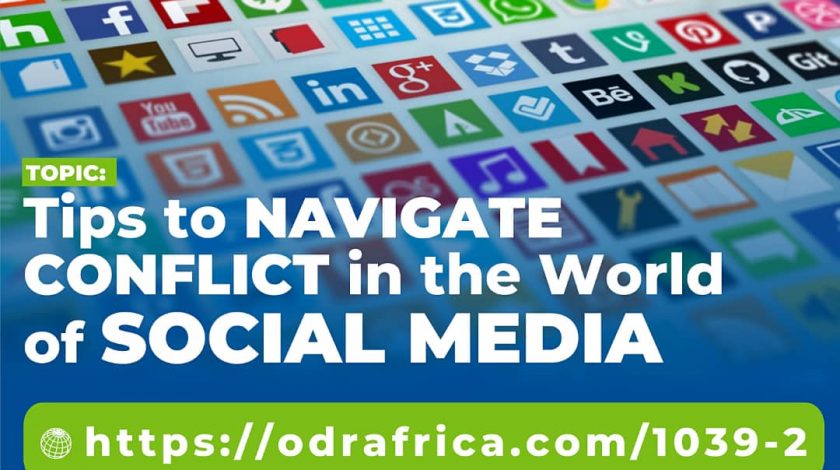Practicalities of Privacy and Secrecy in Arbitration
There has been a great deal of discussion lately about nondisclosure agreements (NDAs) in arbitration. The problem is that the discussion often includes misperceptions regarding the “secrecy” of arbitration. In fact, all arbitration is not secret. Instead, arbitration is private, but not necessarily confidential. I wrote about this “privacy paradox” in 2005. Nonetheless, some parties do include confidentiality clauses and/or NDAs in their arbitration agreements, especially when they are concerned with guarding sensitive information or preventing unwanted publicity. This is especially the case in the context of sophisticated businesses, involving parties who are cognizant of distinctions between privacy and confidentiality in arbitration. For example, parties areRead More →

